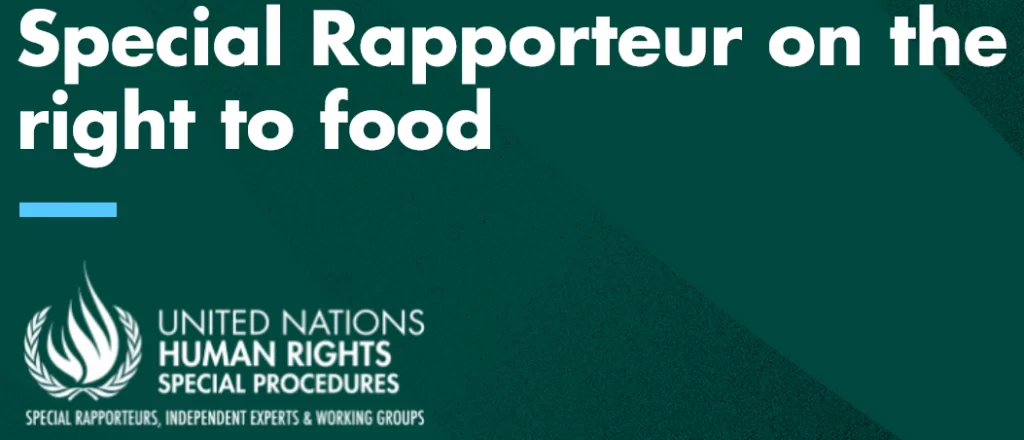Hunger has been on the rise since 2015. In 2021, as many as 828 million people were affected; 103 million more than during 2019-20 and 46 million more than in 2020. The gender gap in food security which had grown in 2020, widened further from 2020 to 2021, driven largely by increases in the Latin America/Caribbean and Asian regions.
Meanwhile the wealth of billionaires and corporate profits have soared to record levels with the latter’s fortunes rising by one billion USD every two days. In 2021, agri-food companies including the so-called ABCD grain trading companies reported historic profits. In a damning report to be presented to the UN General Assembly this month, Michael Fakhri, UN Special Rapporteur on the right to food, analyses the reasons for the current crisis and proposes remedial action.
- The pandemic is the result of a failure of global governance; it is not only a health problem but also a human rights challenge, the impact of which is determined by poor leadership, socio-economic inequality, systemic racism and structural discrimination
- The Russian invasion of Ukraine has put the food crisis on the international agenda given that 26 countries source at least 50% of their wheat from the two States; nevertheless, the spike in wheat and cooking oil prices is not the result of shortages per se but rather because hoarders, traders and speculators have taken advantage of the situation
- Ever since the 1950s ‘Green revolution’ the world’s food systems have been designed along industrial lines; with productivity measured not in terms of human and environmental health but instead in terms of output and economic growth, a dependency has been fostered on fossil fuel-based machines and chemical inputs, displacing long-standing regenerative and integrated farming procedures
- Despite a 300% increase in food production since the mid-60s, malnutrition is widespread; the problem is not lack of food but one of inequality, distribution, and other systemic impediments
- Ultimately, there will have to be a fundamental shift away from environmentally ruinous industrialized agriculture and towards agroecological methods that are essential to fulfilling the right to food; central to that vision is a just transition for workers and their unions with guaranteed access to land and the curbing of corporate agribusiness that puts shareholders profits before public good
As Michael Fakhri concludes, “The reason the world is still in a food crisis today is not only because of the pandemic. It is also because many governments and institutions have refused to cooperate and coordinate and have decided instead to enable agrifood business and financial speculation.”
